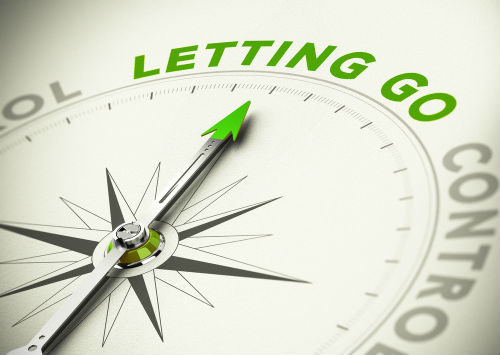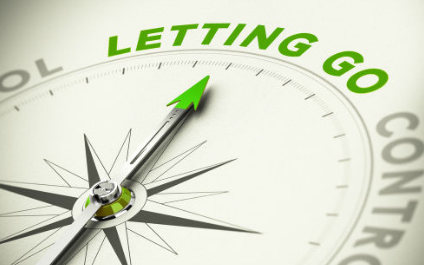
- PREPARING ALL YOUR OWN MEALS. Including avoidance of eating out or social gatherings around food and packing your meals. These are all ways we control our food, how it is prepared, the ingredients etc. Depending on the stage of your recovery, it may be time to challenge this form of control. Plan and prepare a meal with a friend or family member, eat out with a close friend or somewhere you have been before, make a date with a coworker for lunch out.
- CALORIE COUNTING APPS. No question here, if you are starting the recovery process delete them. There are a number of food journal apps that don’t count calories such as; RISE UP and RECOVERY RECORD, these can be shared with your nutritionist. In general, counting calories does not assure adequate nutrient distribution and increases obsession. Other options can provide structure that will be less “addictive” and allow for transition to decreased rigidity and obsession.
- PORTION CONTROL. Some measure food to become familiar with portions and challenge distortions. After a few weeks, try to cut back your measuring. You can reverse measure to build trust, use similar plates, bowls and cups to get practice, or allow someone else to serve you portioned meals, you can learn by observation. Some repacked foods placed on a plate or bowl can provide a visual tool. Measuring is not a required step, talk to your nutritionist first.
- SETTING LIMITS. Limiting foods or food groups is a way of controlling your food. "One dessert a week" or "no starches at breakfast", limits test our will power which, when it fails, we are failures. Stay in the day and practice balance. "Did I have any fruit today?" If you had a side of fries at lunch have a different side at dinner, when you combine balance with variety, you are going in the right direction.
- RULES AND RITUALS. Similar to limits, however, rituals are not always conscience acts. Examples are; over cutting food, eating food on the plate in a certain order, not eating after a certain time at night, not eating after a certain time and extremely slow eating. Awareness is the first step, challenging rituals may include eating out, placing a written notecard next to your meal as a reminder, asking a family member or friend to gently remind you when these rituals occur, setting a goal; last snack at 7p, then 8 maybe 9. Certain rituals can be very emotionally based, working with your therapist is fundamental in this process.
- WEIGHT, THE ULTIMATE CONTROL. It is my experience and belief that letting go of weight control is the key that opens the door to recovery. Turning that control over requires a great deal of trust, honesty and work. On a very basic level it means no self-weighing. Your weight is a consequence or result of actions. Focus energy into your actions. If your actions are not what you intended, be kind, be compassionate and work with your team on changes. There is no place for the scale in your recovery.
- EXERCISE MONITORING. For individuals in recovery or with an eating disorder, this is a another form of control. Counting calories burned, distance ran, the intensity etc., the extent that we can now control and track our efforts is endless. This form of control will increase obsession, affect nutritional intake and likely trigger a cascade of ED thoughts. Tips for exercise can be found in my last blog!
- WHAT PEOPLE THINK. This applies to nutrition and your state of mind emotional well-being. We cannot control, nor can we KNOW, what others think. When you select your meals, your snacks and desserts, no one has the ability to make you feel ashamed or guilty. You have a right to eat what you want, when and where. If a negative comment is expressed by someone else, that is their thought, not yours. Be confident, stay strong.

